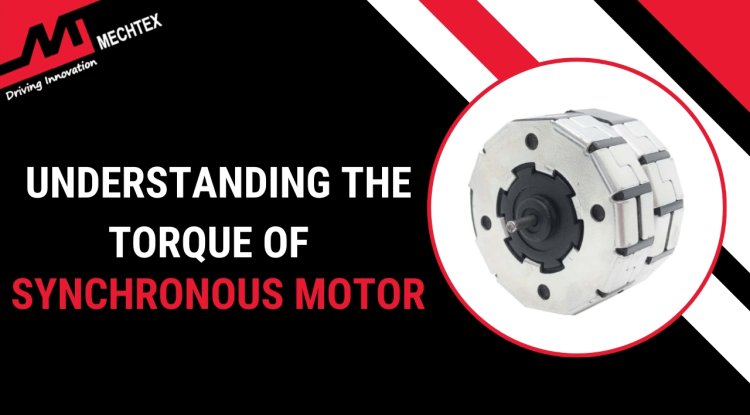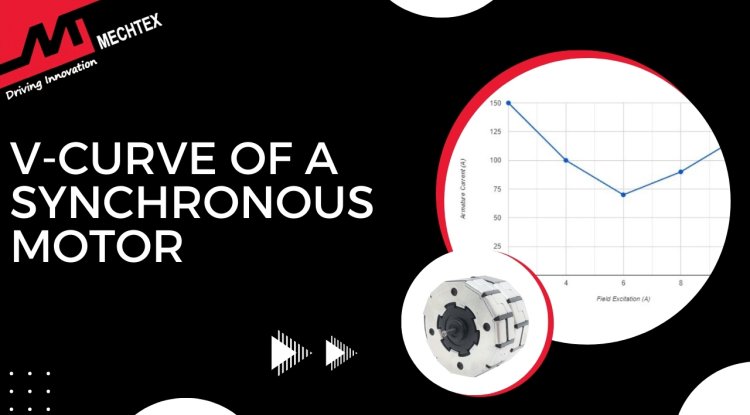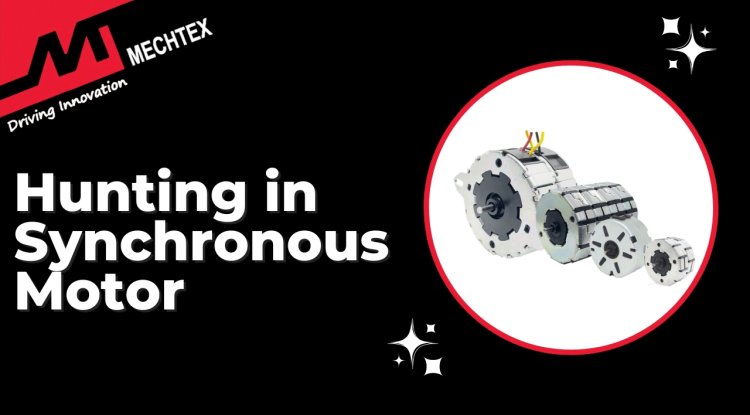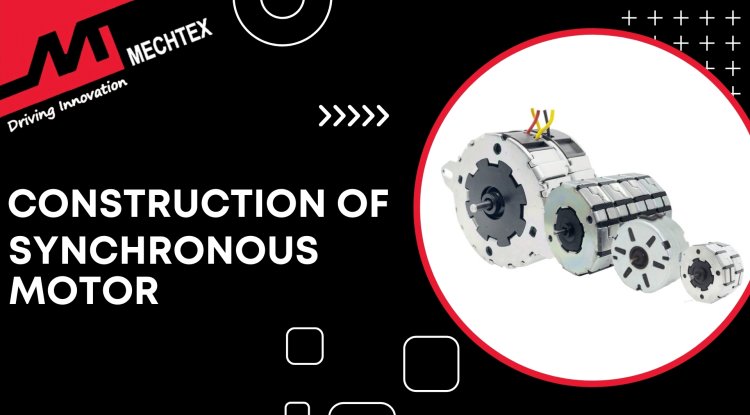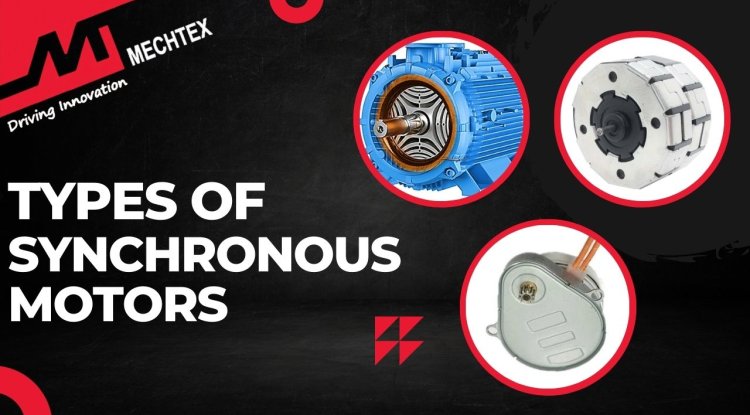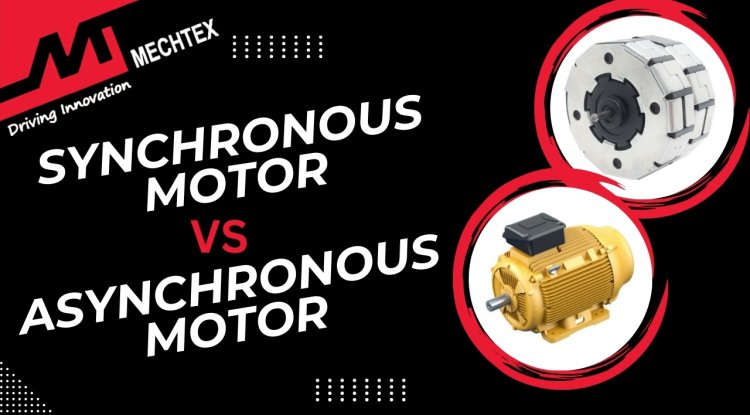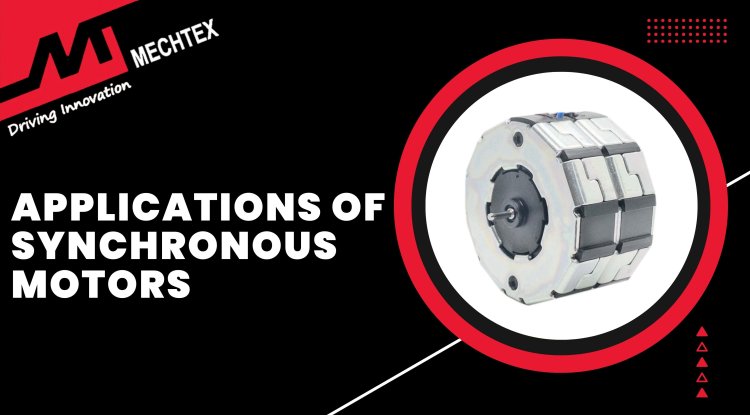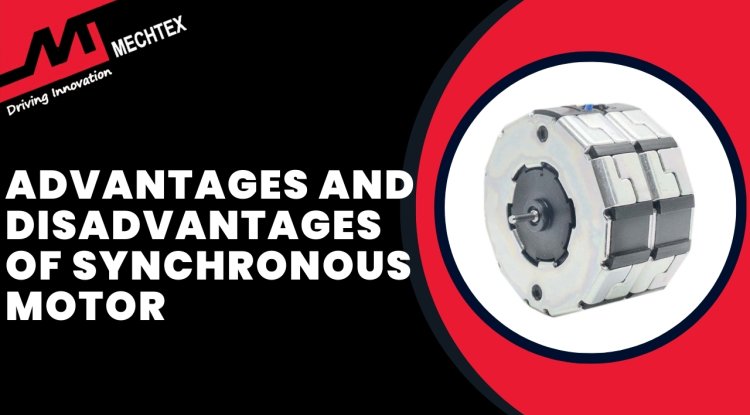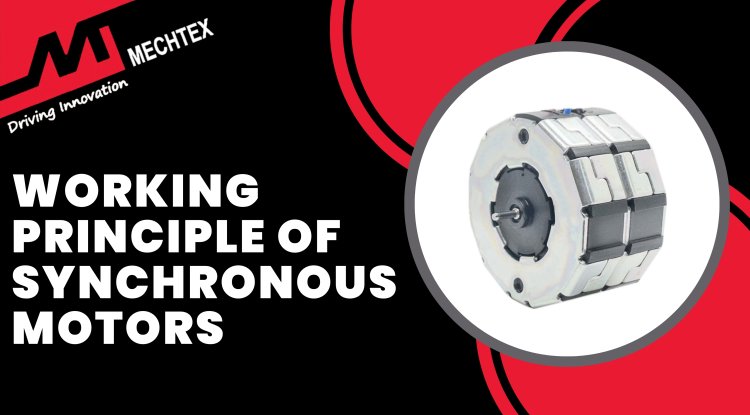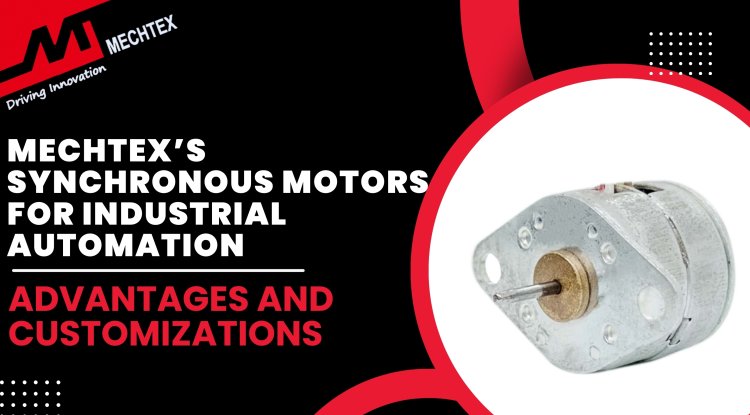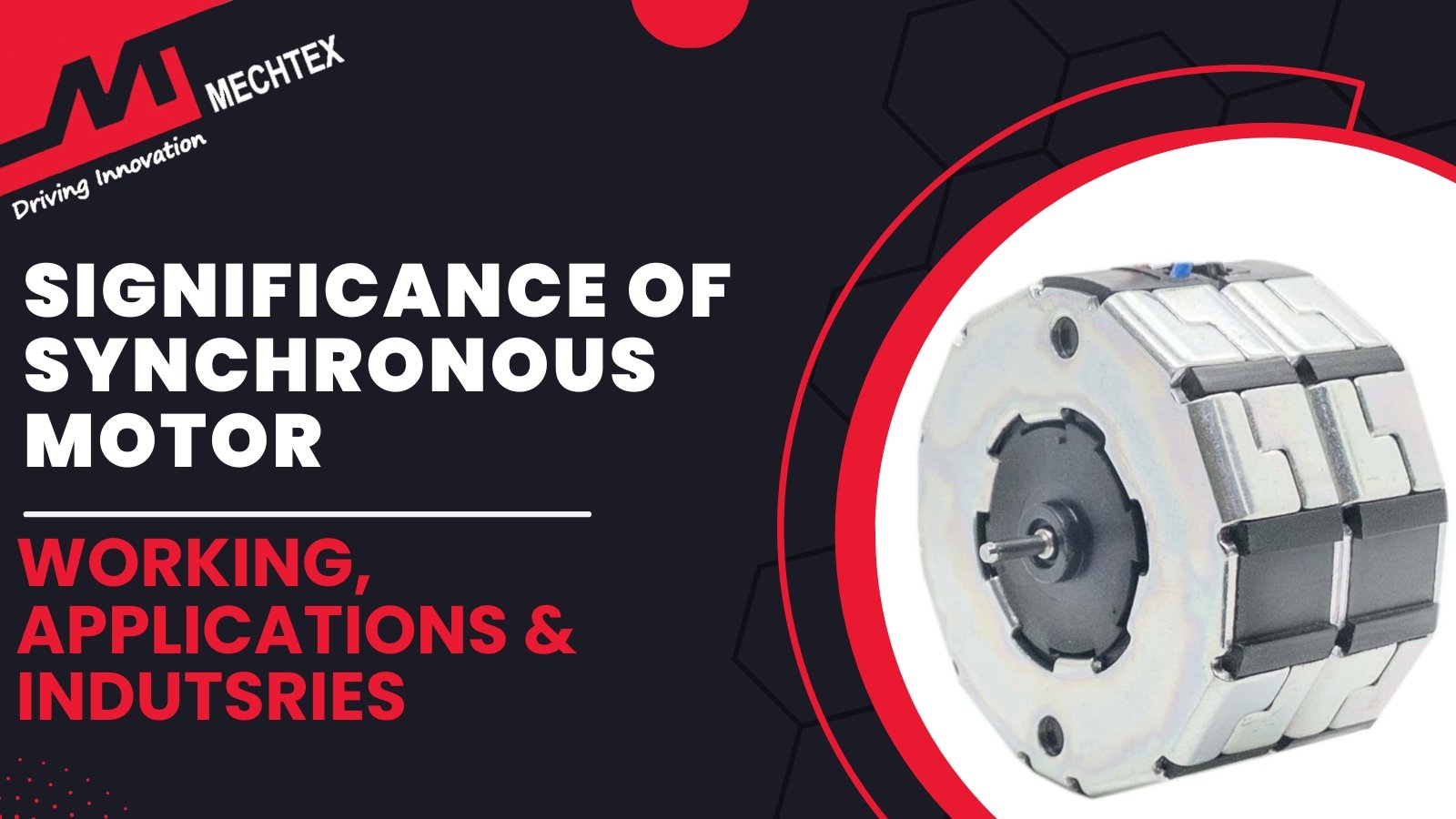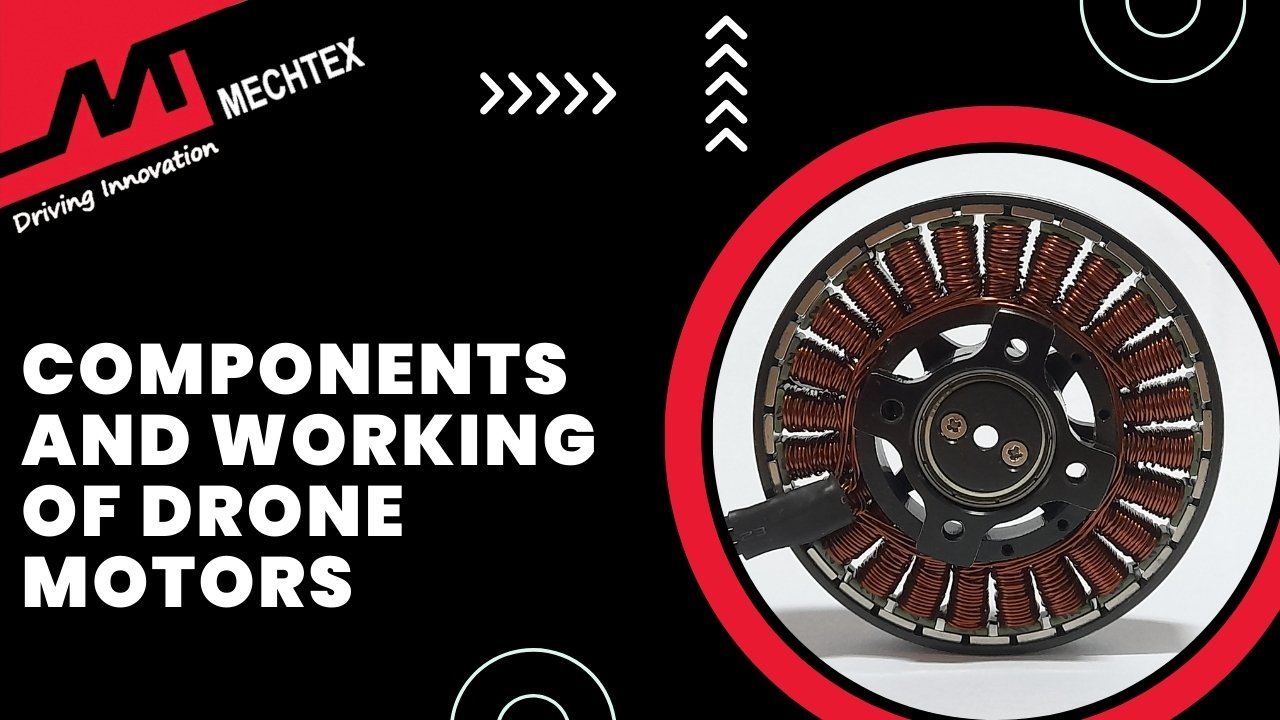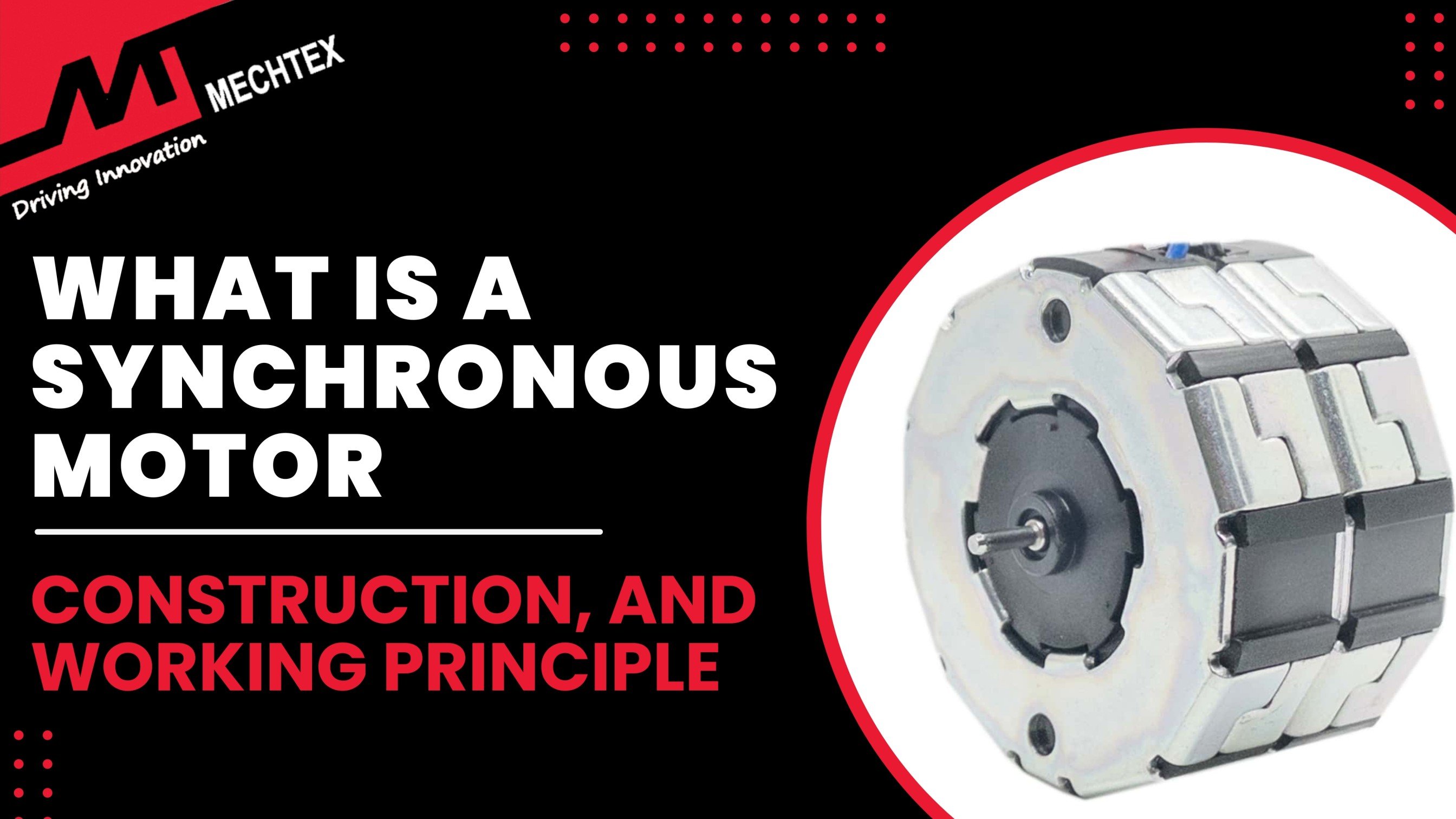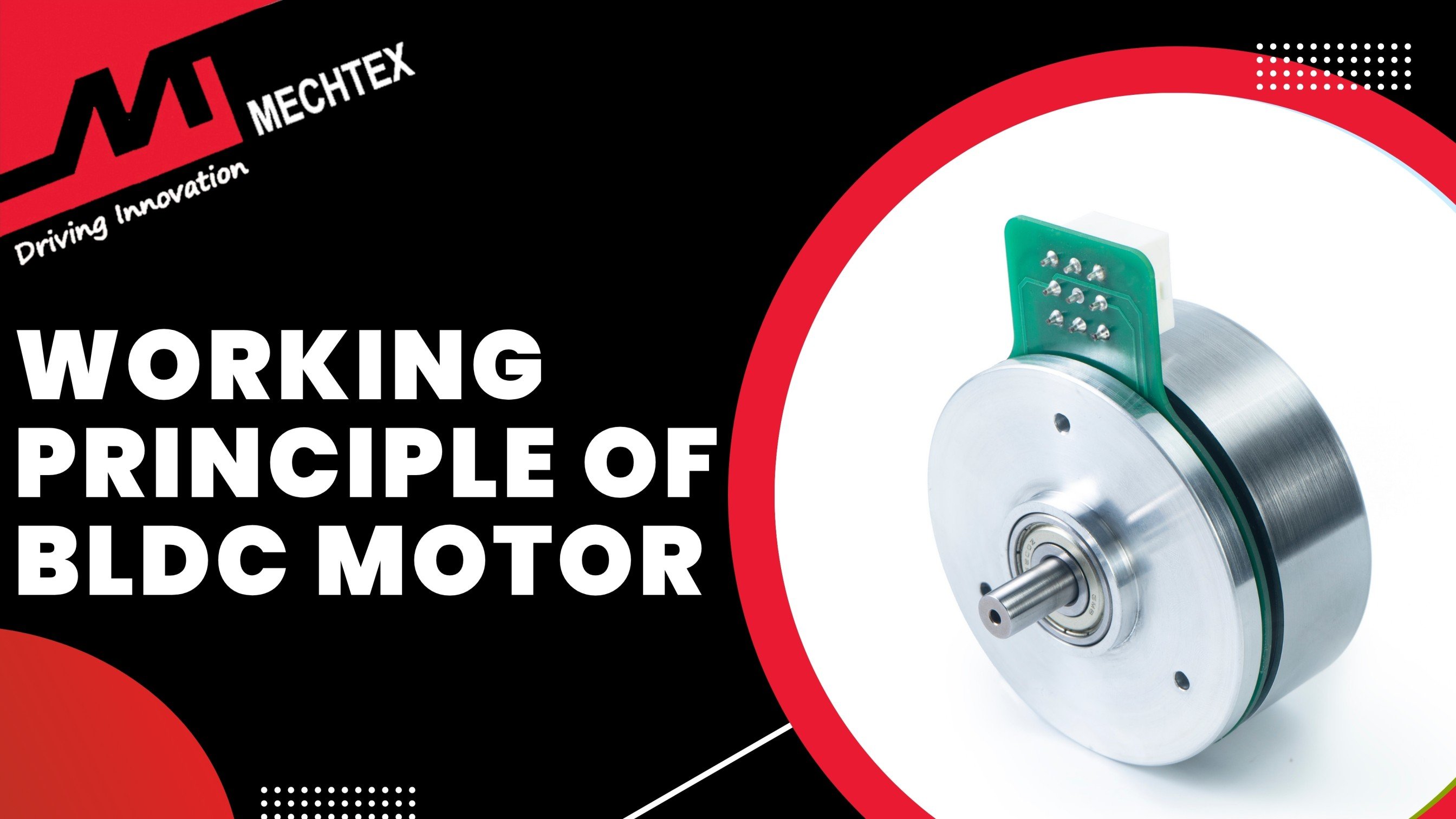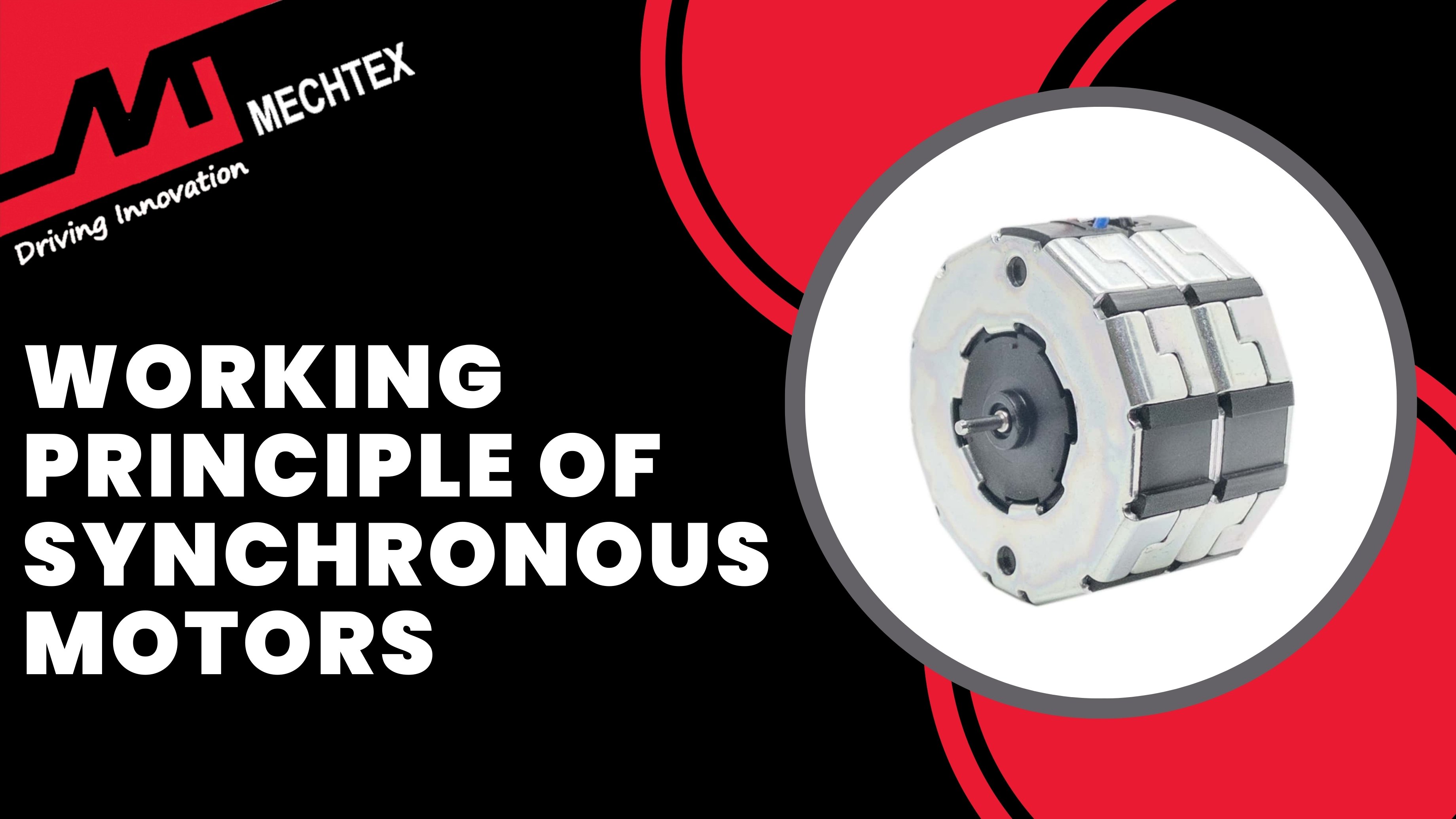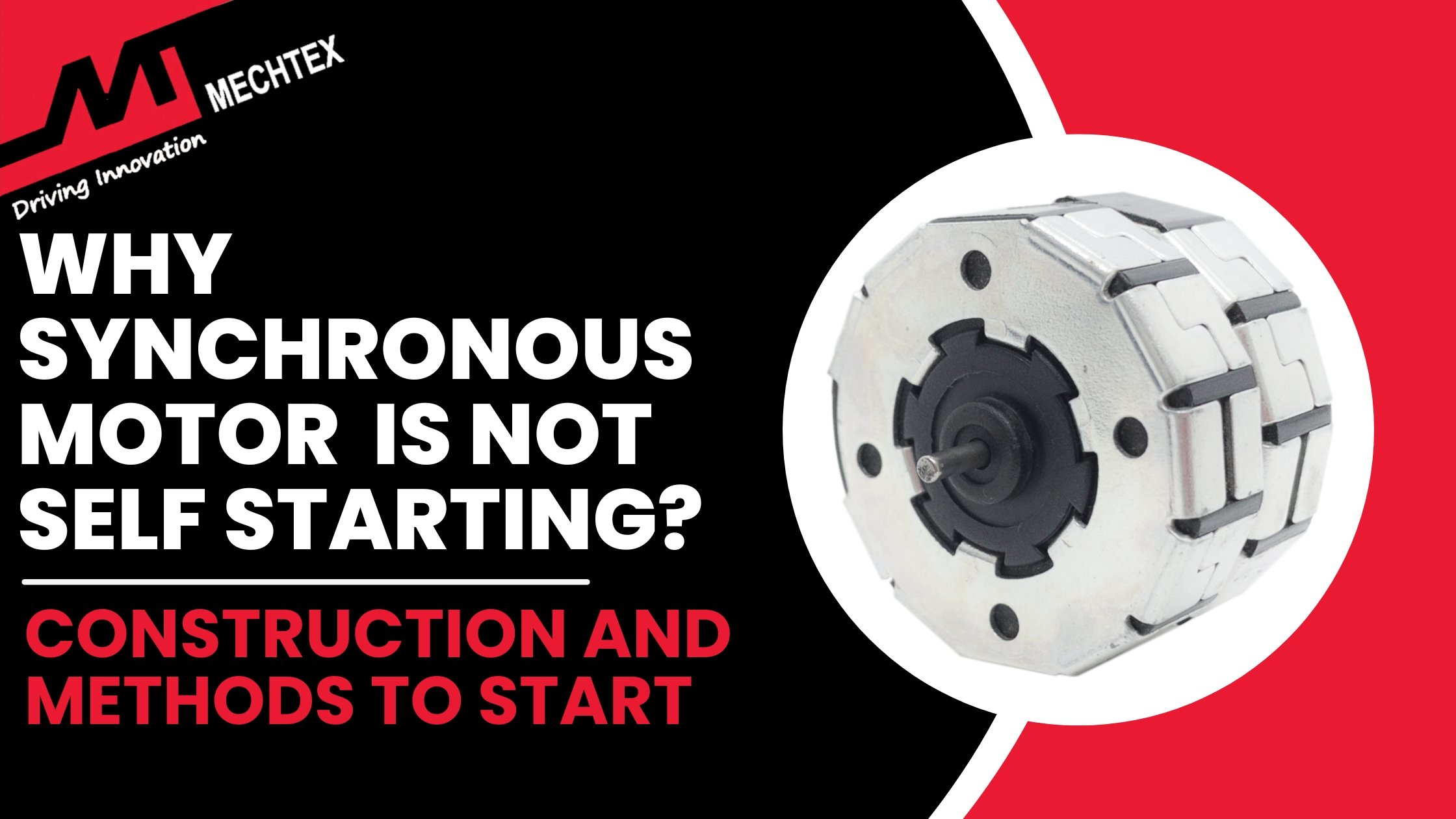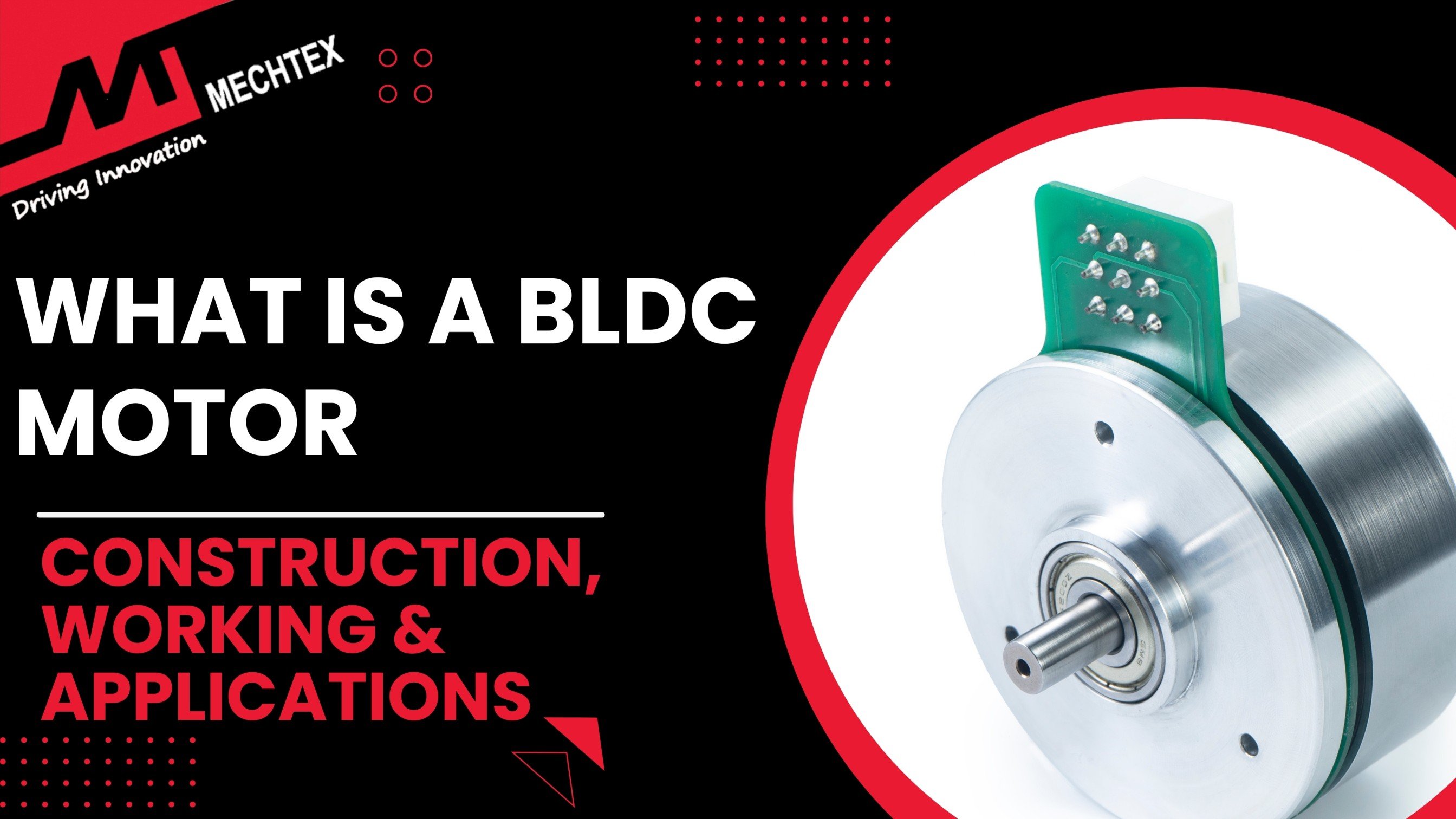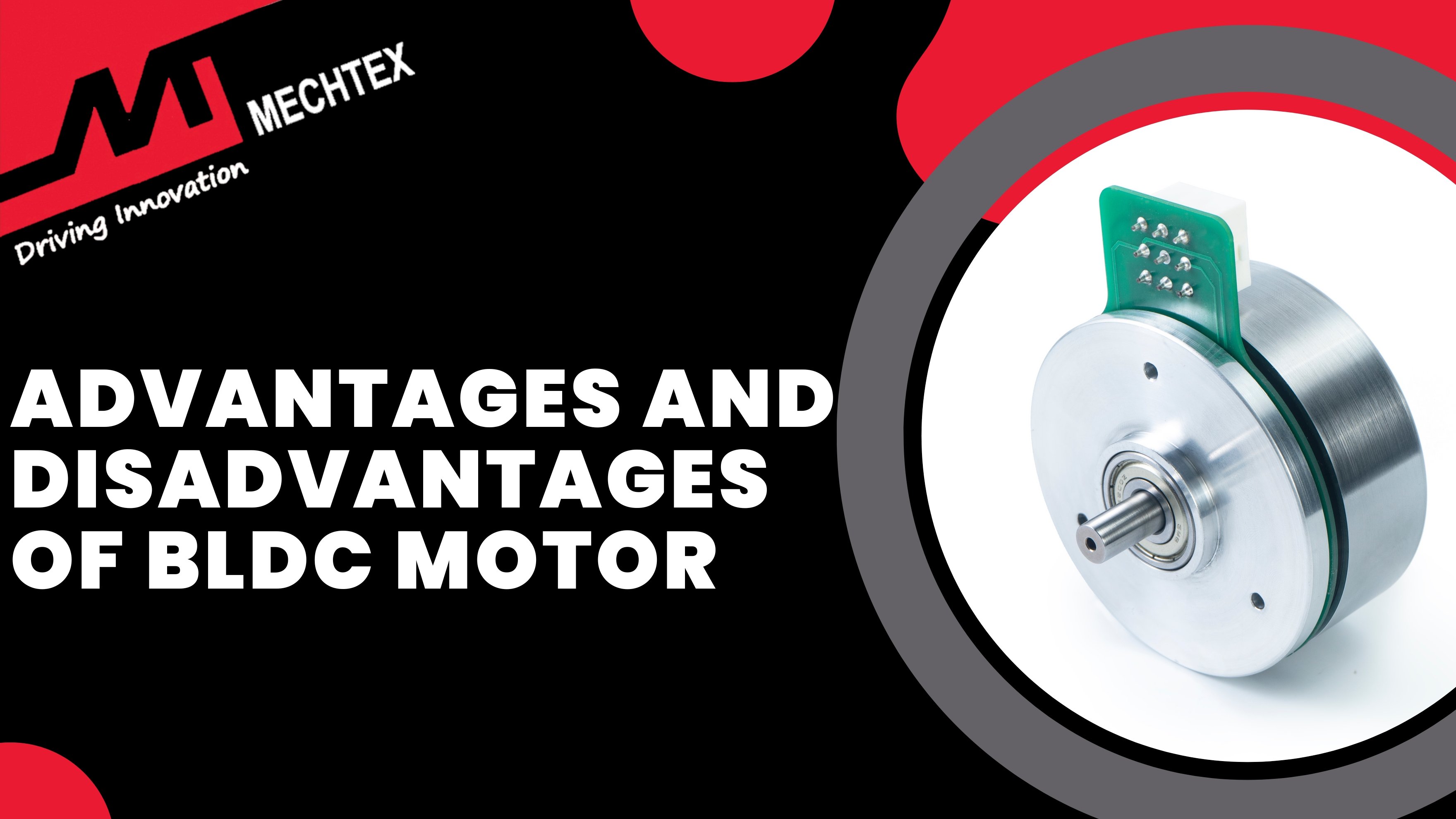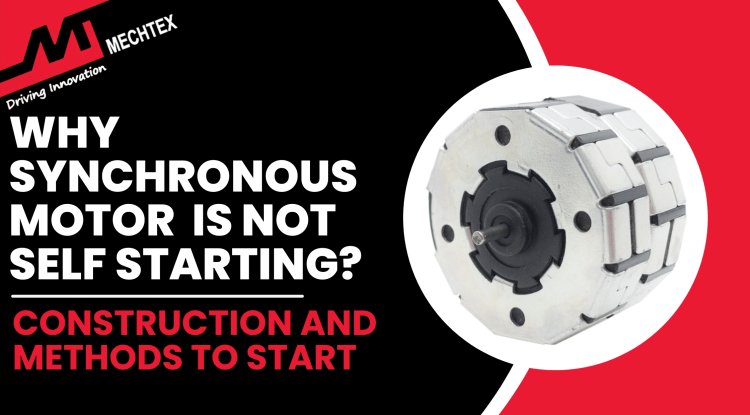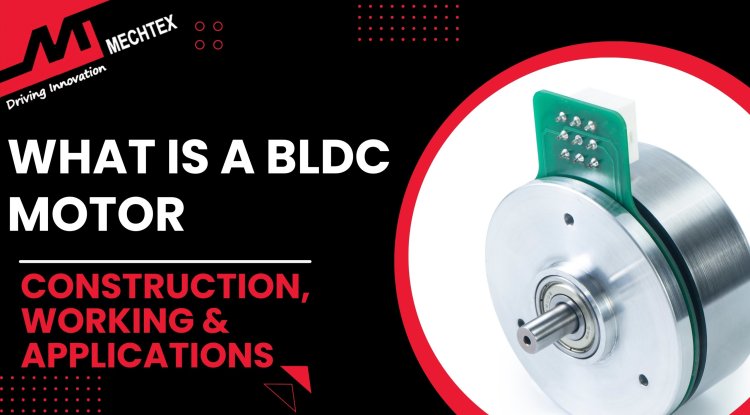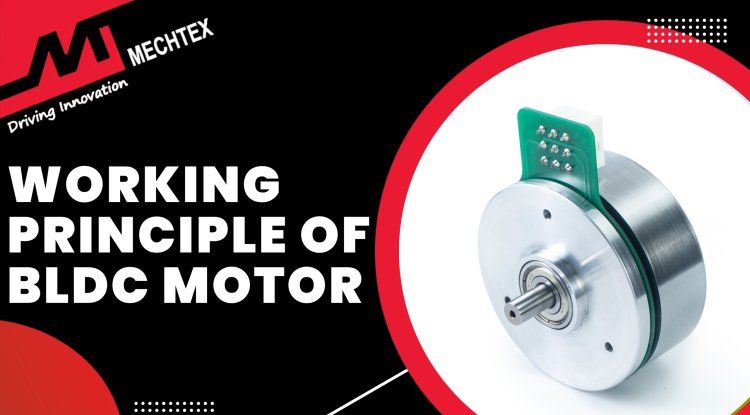Category: Synchronous Motors
Understanding the Torque of Synchronous Motor: Sta...
Explore a complete guide to synchronous motor torque from starting torque to maximum pull-out torque and learn how torque varies w...
V Curve of Synchronous Motor: Armature vs Field Cu...
Discover how V curves help analyze synchronous motor behavior. See how armature current changes with field excitation and how powe...
Hunting in Synchronous Motor
Hunting in synchronous motors is the phenomenon that describes the oscillatory behaviour of the rotor to maintain its synchronisat...
Construction of Synchronous Motor: Stator, Rotor &...
A complete guide to synchronous motor construction from the laminated stator and field-excited rotor to exciters, bearings, and ho...
Types of Synchronous Motors
Synchronous motors are a type of AC motor that operates at a constant speed with the frequency of the current supply. They can be ...
Synchronous vs Asynchronous Motor: Key Differences...
Explore the main differences between synchronous and asynchronous motors, including constant vs slip speed, excitation, self-start...
Applications of Synchronous Motors: Industry Uses,...
Explore the key applications of synchronous motors from constant speed industrial drives like pumps, compressors, fans and conveyo...
Advantages & Disadvantages of Synchronous Motors: ...
Understand the key advantages and disadvantages of synchronous motors, from constant speed and high efficiency to non-self-startin...
Working Principle of Synchronous Motor: Stator, Ro...
Understand the working principle of synchronous motors with stator field, rotor excitation, synchronism with AC frequency, and com...
How Mechtex Motors Are Becoming Smarter With IoT C...
Discover how Mechtex's IoT-enabled motors revolutionize industries, offering smart connectivity, energy efficiency, and customized...
Integrating Mechtex’s Synchronous Motors for Indus...
Discover how mechtex synchronous motors integration streamline the industrial automation process and boost productivity
The Significance of Synchronous Motors - Working, ...
A synchronous motor is a type of electric motor, where the rotational speed of the motor is synchronised with the frequency of ele...

